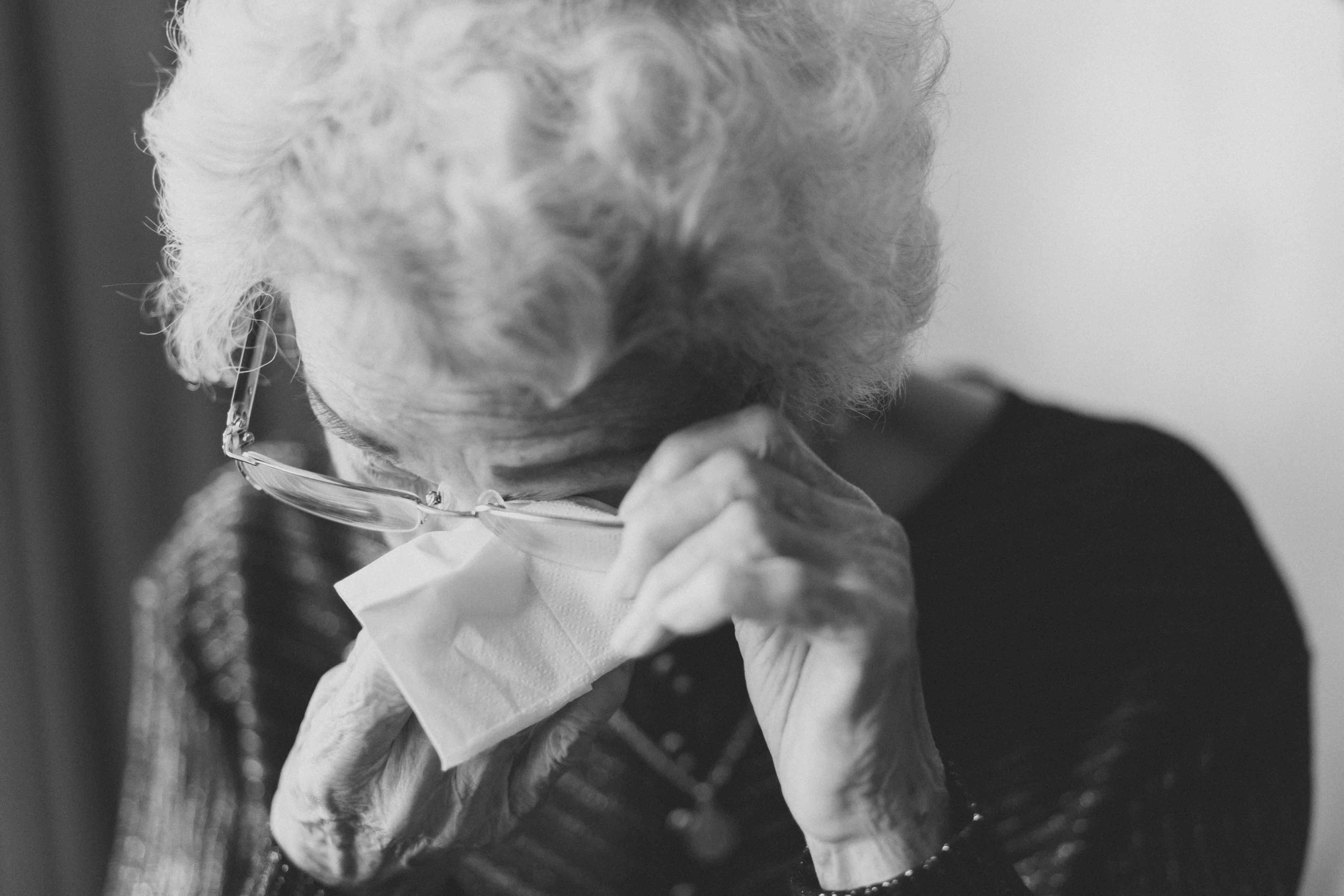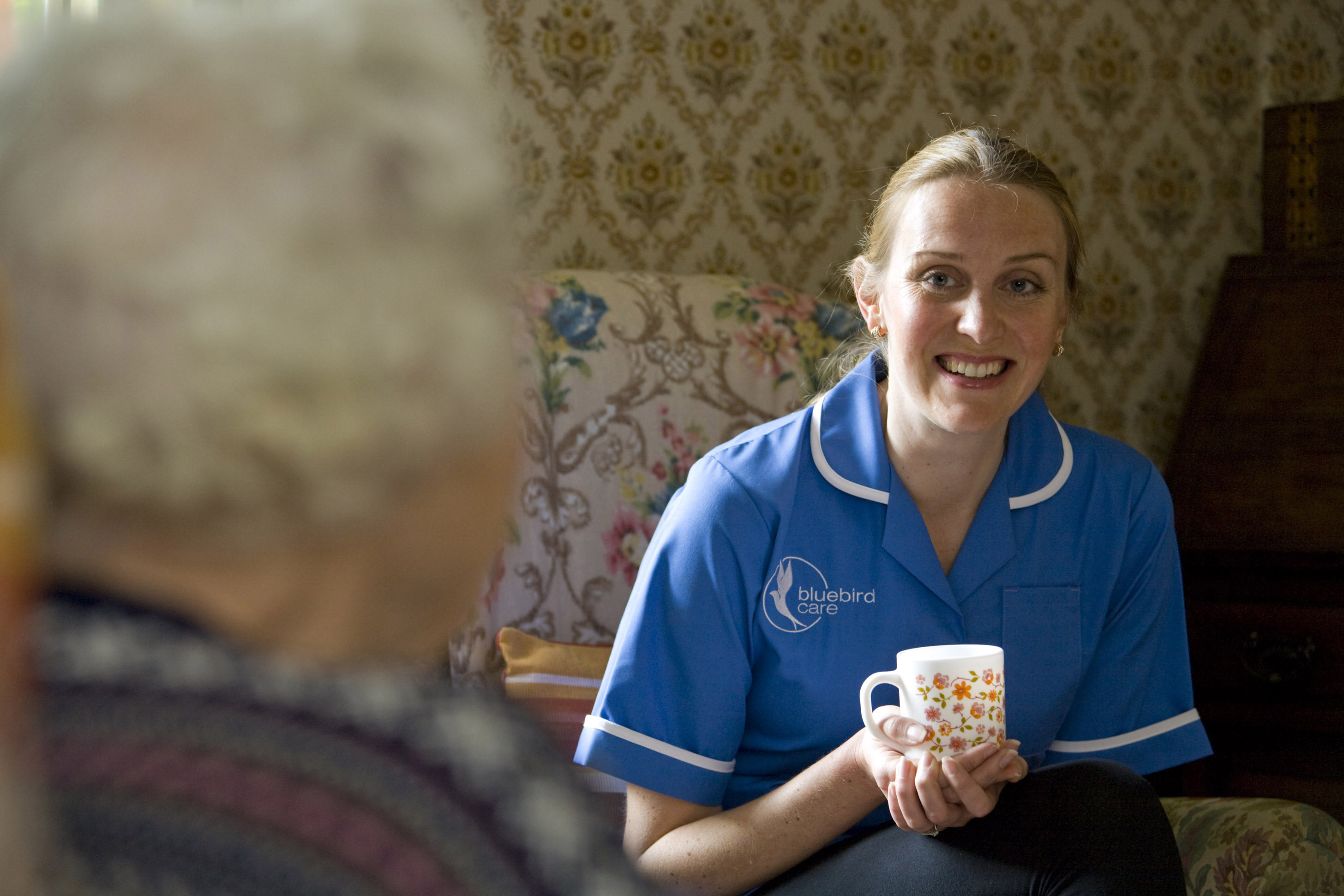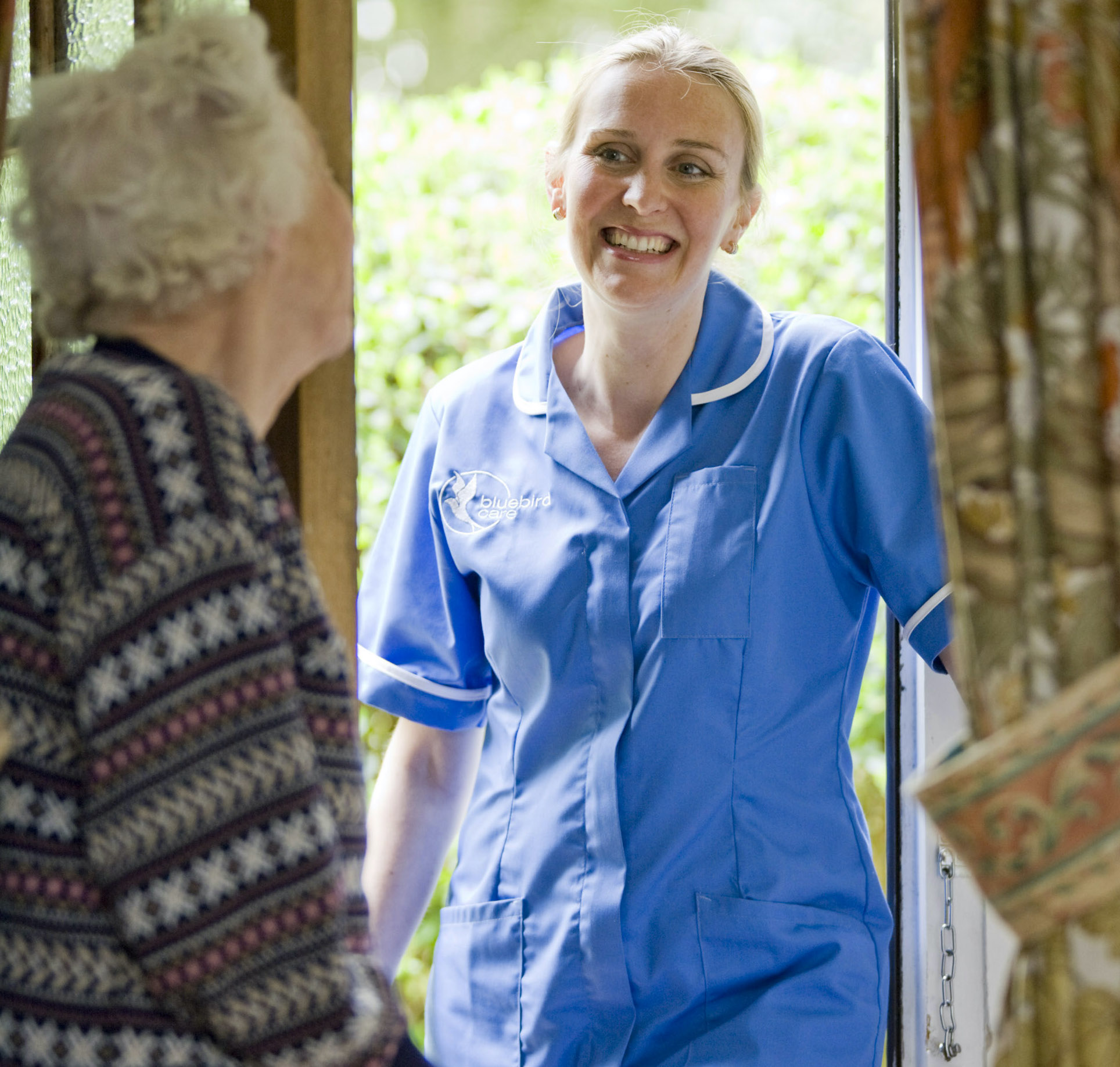The impact COVID-19 has had on the elderly
Over the past 6 months, we have seen a lot of changes in how we live our lives. This has had a massive impact on everyone, but it has had the most impact on the elderly.
Self-isolation and loneliness
Most of us will feel lonely at some point in our lives, particularly those in later life. Loneliness and self-isolation can begin to define our lives and have a significant impact on our physical and mental health and wellbeing.
Once someone starts to feel lonely it can be incredibly difficult to make the necessary changes to prevent how they feel. It is a vicious circle and over time it can lead to becoming disconnected from society and the community.
Over the past 6 months, we have seen a lot of changes to how we usually live our lives and things are still changing. As soon as we see a glimmer of hope with the return to normality, things seem to take a turn for the worse again. The elderly were advised to continue shielding/self-isolating long after the lockdown was ‘lifted’ and with the most recent news of a second wave happening, this doesn’t look as though it will change for them.
The elderly live in fear on contracting the virus as it is most fatal to them. With advice and government guidelines for them to stay shielded and self-isolated comes detrimental effects on their physical and mental health.

Loneliness on the elderly
We spoke with a member of the elderly community who used to love their own company and who spent a lot of her time in solitude anyway. However, having this solitude imposed as a measure to potentially save their life is a completely different story. It has changed her outlook and she feels as though the choice she once had to go out has now been taken away.
Val suffers from COPD and asthma and with 87 years on the clock, as she puts it, feels as though from the information out there contracting COVID-19 would be fatal. This has led to big changes to her usual life.
Val used to have her little routine, meeting friends and seeing family and the little trips out for her errands. She to go out once a twice a week and what was once looked at as a chore, she misses it quite a lot.
“I went to town once or twice a week, mainly shopping but also going to draw cash, going to the building society, etc, you know the usual stuff… They were a chore at the time and I never thought I’d miss it, but now I can't remember the last time I went out, I am thinking it was around the middle of March!”
Val, aged 87
Staying fit and health for older adults involves staying socially connected and active. We have seen so many cases where an elderly person deteriorates extremely quickly once they become disconnected from society. Public health’s efforts to stop the spread of COVID-19 should also take into account the importance of social connectivity for maintaining older adults’ physical and mental health.
Even though day to day Val spent a lot of her time alone she did regularly see friends and family.
“We had family gatherings frequently for birthdays, anniversaries, or no reason at all, just to see each other. All of these have had to be put on hold though, missing many occasions which would have usually been celebrated”
Val, aged 87
Still enjoying life Val used to regularly see ex-colleagues a couple of times a month out and about or in each other’s homes for coffee or meals, with the occasional trip to the cinema if there was anything on that they fancied. Although all of these things were recently allowed, it was advised the elderly stay isolated due to the higher risks associated with catching the virus.
For many in the elderly population there only social contact is out of the home, such as at daycare venues, community centres, and places of worship. Even those who have close family or friends will still be suffering the side effects associated with self-isolation.
How we can help prevent loneliness
Despite the ongoing COVID-19 pandemic and need for social distancing, there are ways to help the elderly remain connected and if you have elderly relatives or friends you must pitch in and help them out before it gets too late.
Phone calls and online platforms (of course, if they can work technology) offer ways to safely connect with elderly relatives or friends. It’s the perfect way to help them feel involved and still apart of something.

Bluebird Carers fighting loneliness
Throughout the global pandemic, our frontline health care staff have not stopped. They continue to do the same outstanding job they always do, providing the very best service to our customers, whilst keeping them protected and safe.
They have shown great resilience and fortitude in going about their business and ensuring that the impact on our customers and their loved ones is minimal. Some of our customers are still shielding and have not properly been out since march and our care workers have been there only companion throughout all of this.
We talk about wanting to give peace of mind to our home care customers and their loved ones, and this has never been more apparent than at this moment, and this is down to a team effort. They have been a constant companion to our customers in these difficult times, sometimes been primarily the only person they will see.
In tough times, and this has been due to the unprecedented nature of the Coronavirus, the team always come together and rise to the challenge.

We're here for you
It is not always about the complex care or the personal care of an individual, it can simply be about having a companion, a friend, someone to talk to. Bluebird Care Newcastle carers can assist with hobbies and interests, attending events and shows, concierge services and running errands or just popping round for a cup of tea and a good chat.
So if you are a loved one is suffering from the effects of loneliness being imposed from the pandemic, contact us to speak to one of our deadicated team.
How to find the right care for you or your relative
1. Find your local office
Bluebird Care delivers care from locally based offices, find yours to start your care journey today.
2. Get in touch with us
Fill in our call back form or give us a call to find out how we can help you.
3. Assessment
We’ll come out to you to find out what you or your loved one needs to help stay independent at home.
4. Care team chosen & care starts
You'll be cared for by our specially trained team to support you to remain at home for as long as possible.

